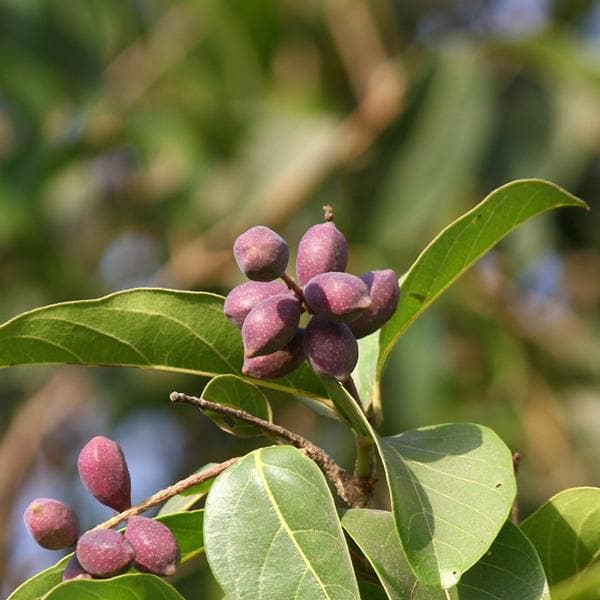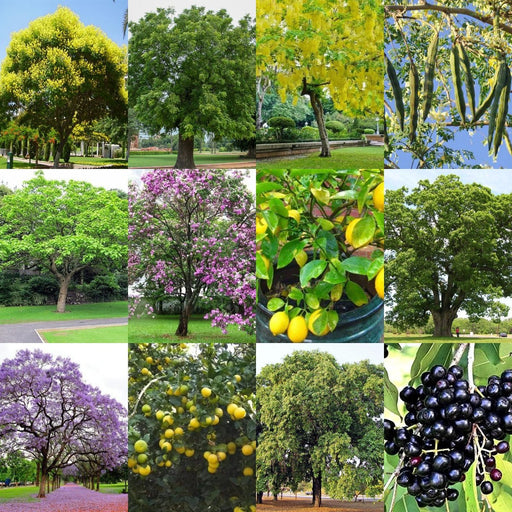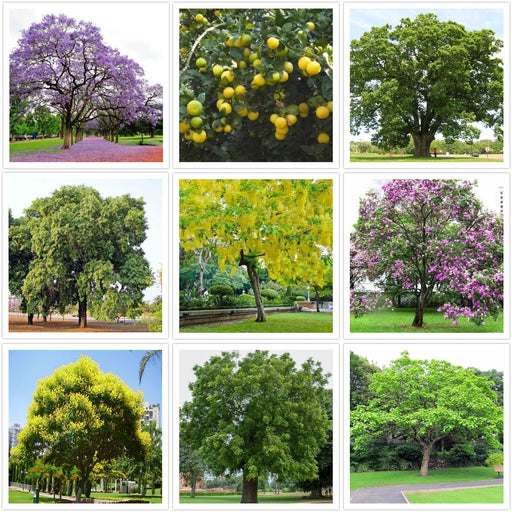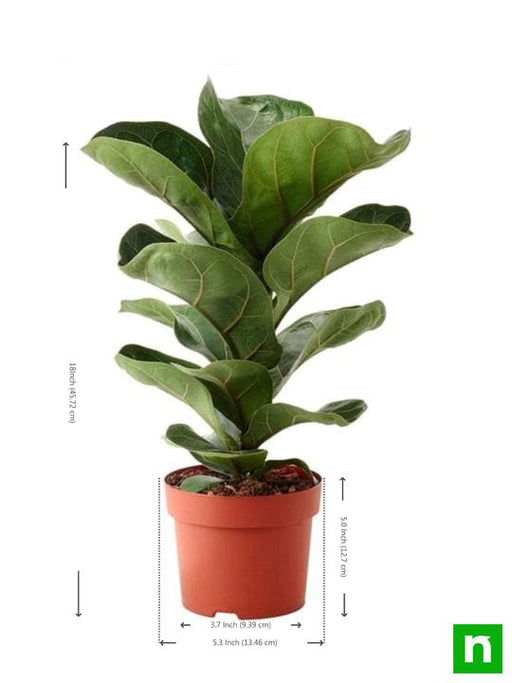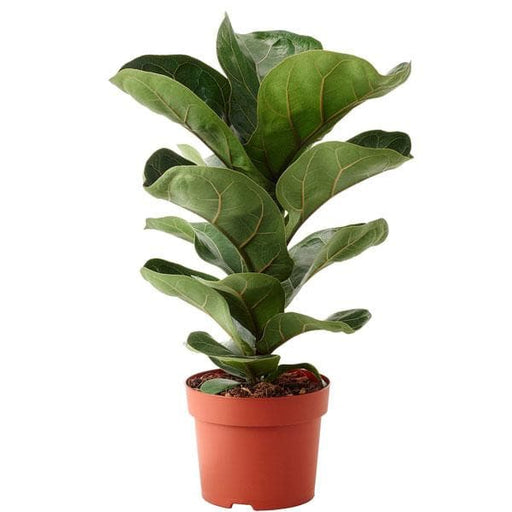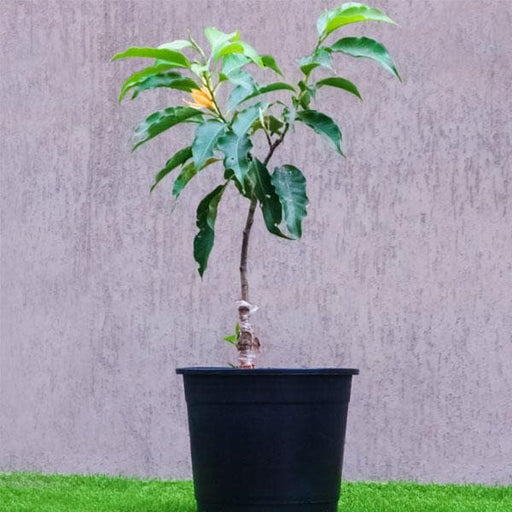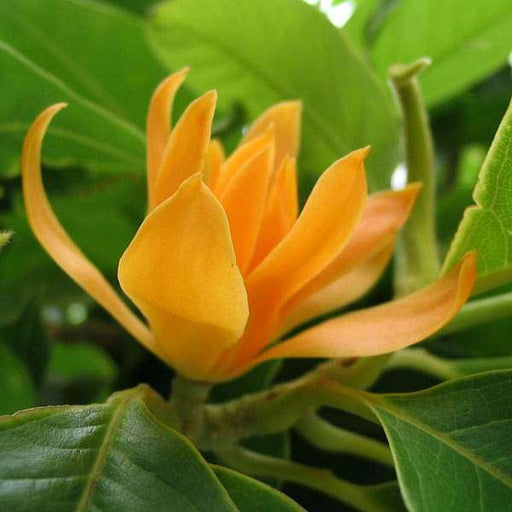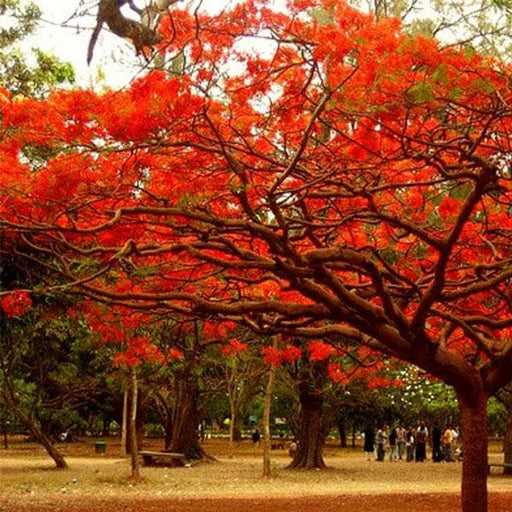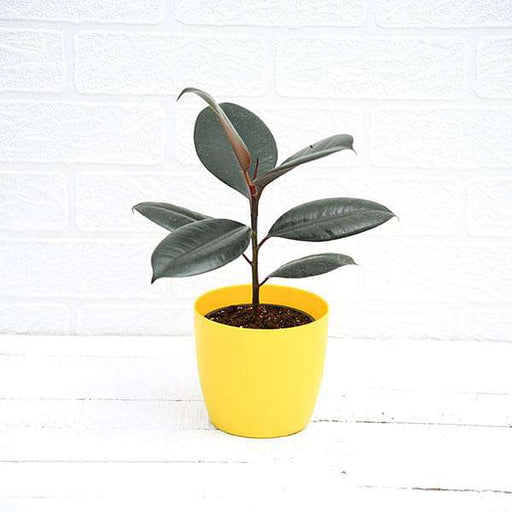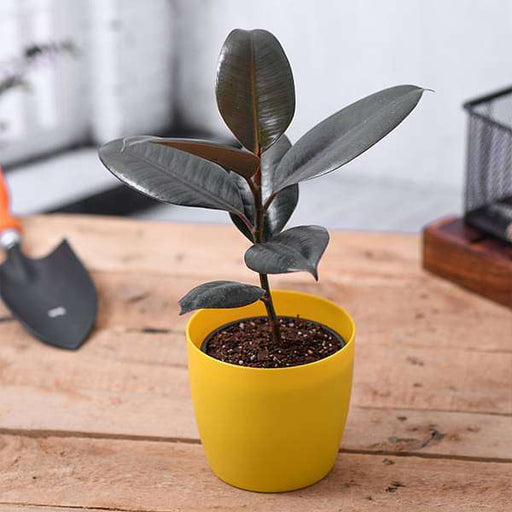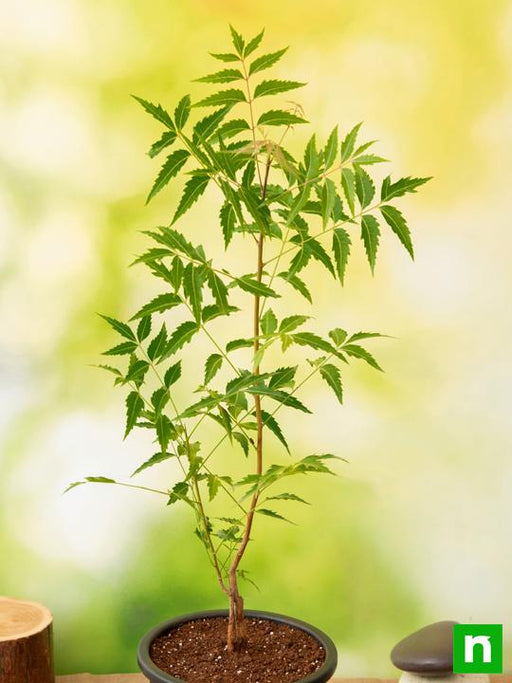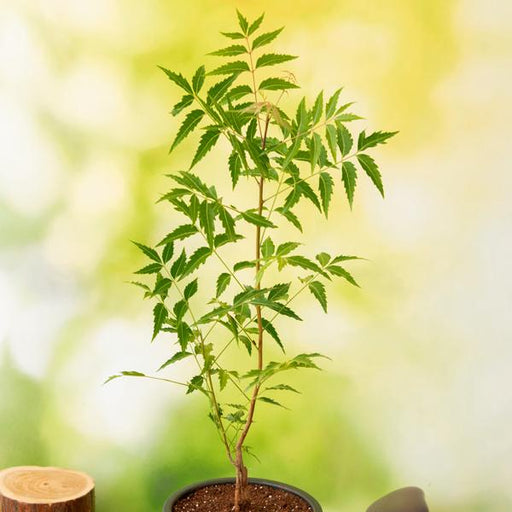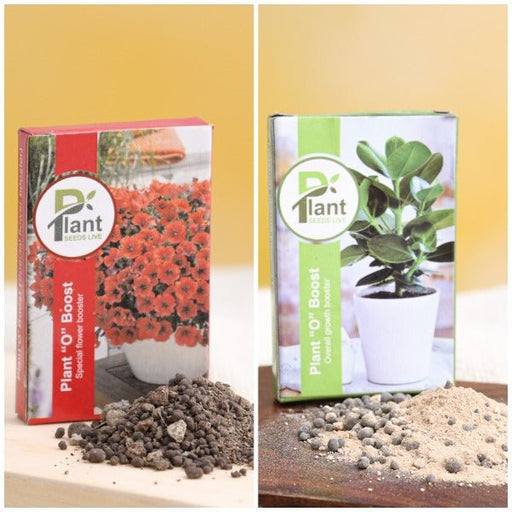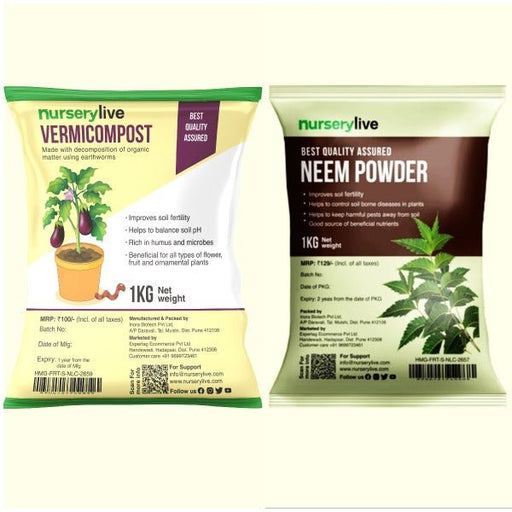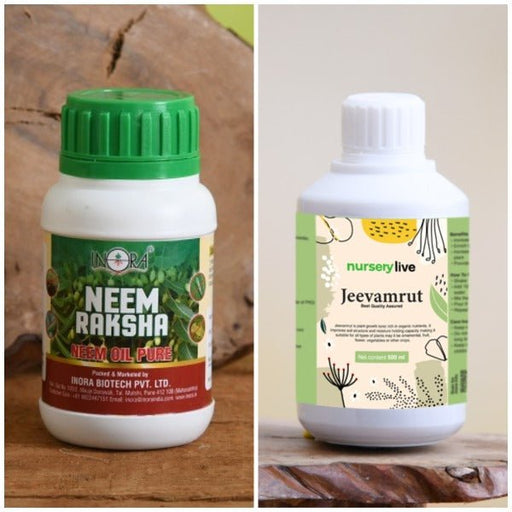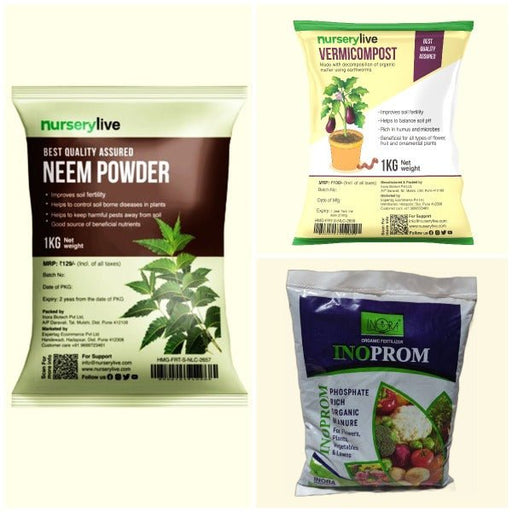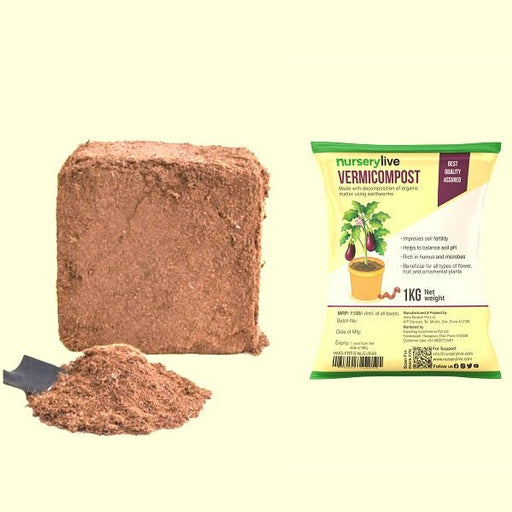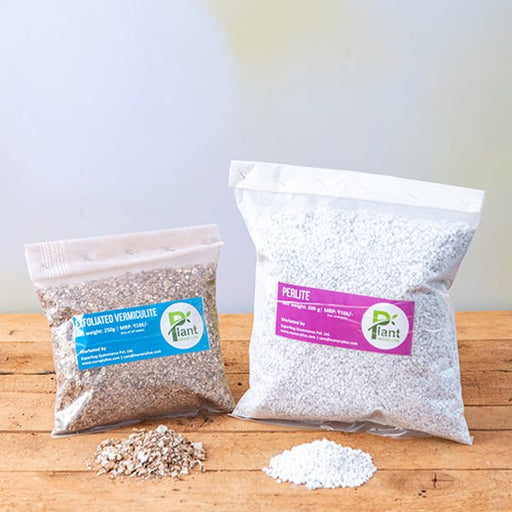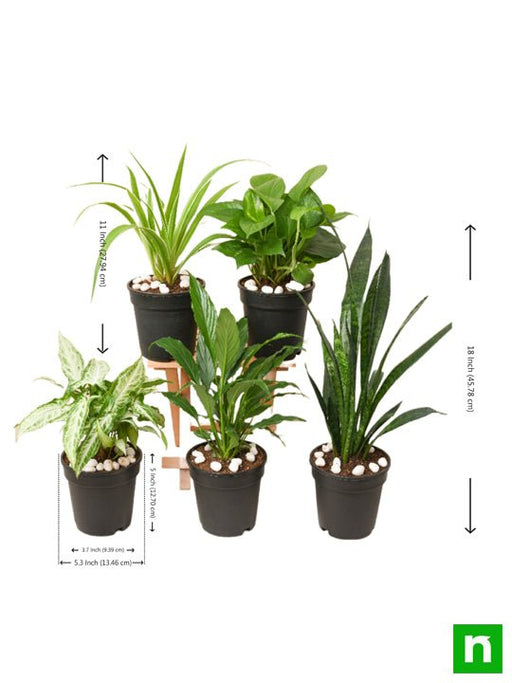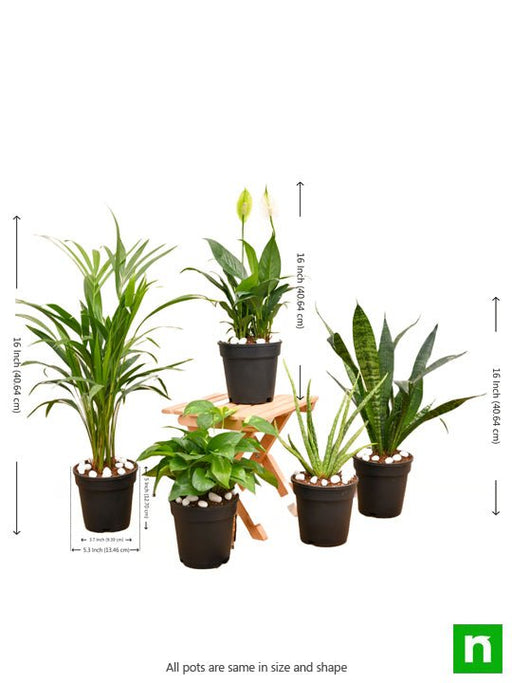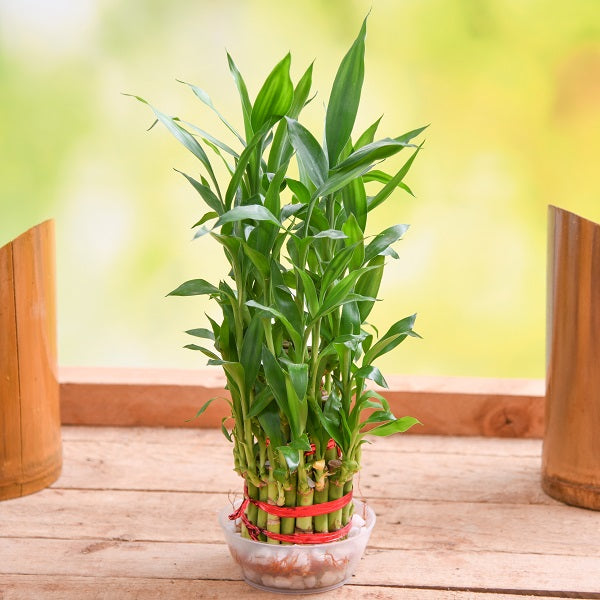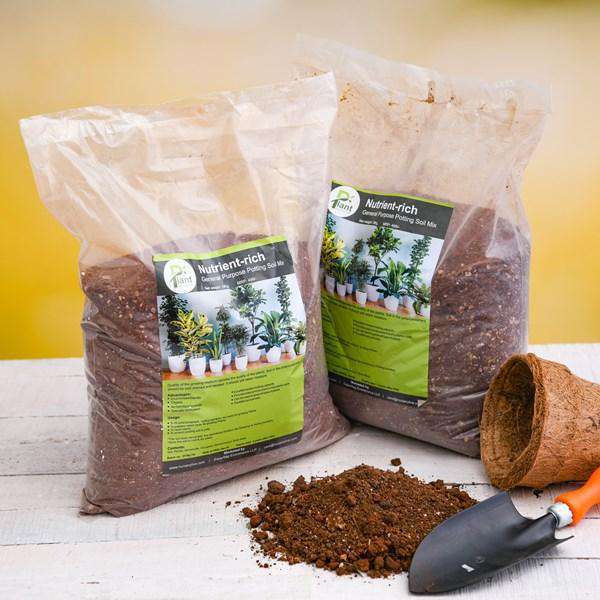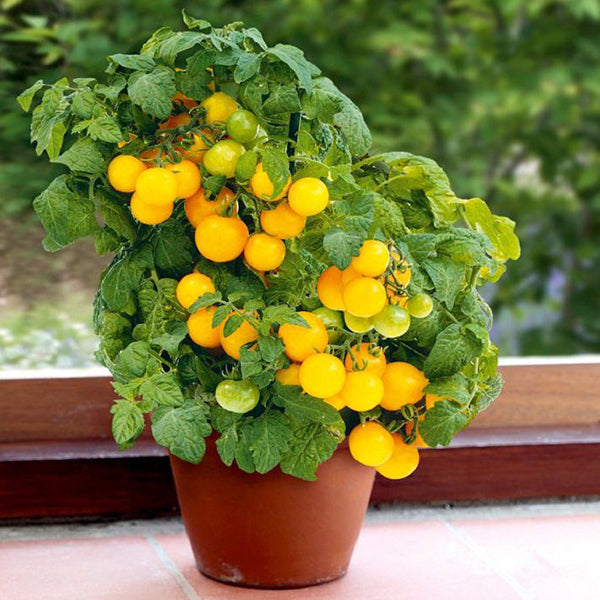Description
Terminalia chebula
Terminalia chebula, commonly known as black- or chebulic myrobalan, is a species of Terminalia, native to South Asia from India and Nepal east to southwest China, and south to Sri Lanka, Malaysia, and Vietnam.
Plant Specifications
*above specification are indicative only. actual dimensions may vary by +-10%
| Common Name |
Terminalia chebula,black-or chebulic myrobalan |
| Maximum Reachable Height |
7,8 cm |
| Flower Colour |
Green |
| Bloom Time |
Early |
| Difficulty Level |
Easy to grow |
Planting and care
Start with pruning shears for smaller growth. Use loppers, which look like giant, long-handle shears, for growth that is more than half an inch thick. A small pruning saw is handy, as it cuts on both the push and the pull.
Terminalia Chebula care
Dig a hole 2 to 3 times as deep as the bulbs are high and set the bulb in the hole pointy side up. Fill the hole with soil and tamp gently.
| Sunlight |
Full Sun to Partial Shade |
| Watering |
Medium |
| Soil |
Well-drained soil |
| Temperature |
120-220oC |
| Fertilizer |
Apply any organic fertilizer |
Terminalia Chebula special feature
These species are Terminalia arjuna, Terminalia bellerica, and Terminalia chebula. In traditional Ayurvedic medicine, Terminalia arjuna has been used to balance the three,humors, : kapha, pitta, and vata. It has also been used for asthma, bile duct disorders, scorpion stings, and poisonings.
Terminalia Chebula uses
Ornamental Use:
- The plant is used for ornamental purpose
Medicinal Use:
- Haritaki, Terminalia chebula, Uses, Side Effects, Ayurveda Details
- Haritaki fruit is one among The three, that constitute Triphala
- It is a very famous rejuvenating herb
- Its botanical name is Terminalia chebula and it belongs to Combretaceae family
